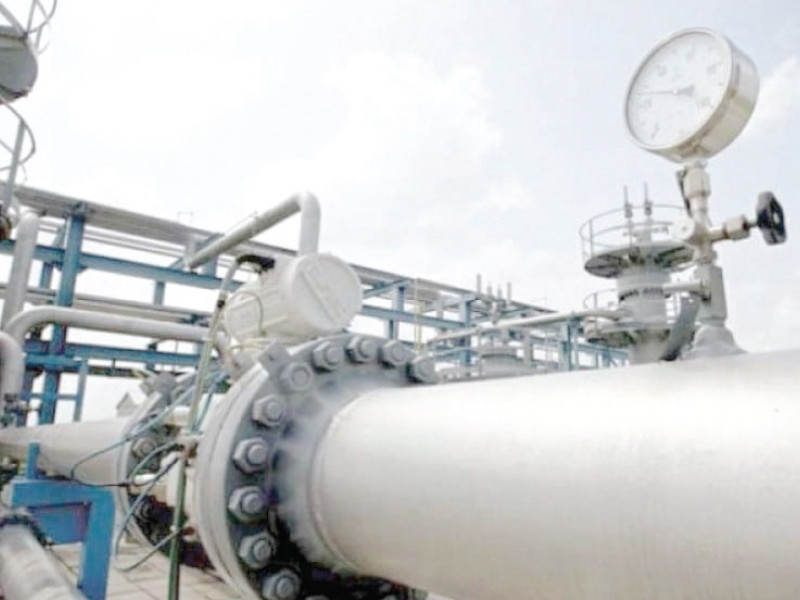
The director general of petroleum concessions (DGPC) has been removed from office apparently in a bid to pave the way for a proposed new framework for the allocation of discovered gas to third parties since he opposed the framework.
The petroleum minister on Tuesday asked the DGPC to step down and gave the position to Director Riaz Ali. The petroleum ministry did not reply to the request for comments.
According to sources, the Petroleum Division earlier sent a draft framework for gas allocation to third parties to the Executive Committee of the National Economic Council (Ecnec).
However, the petroleum secretary and DGPC did not give their stamp of approval to the framework, arguing that it was against the spirit of amendments made in the new petroleum policy by the Council of Common Interests (CCI) during the caretaker government.
The oil and gas exploration and production (E&P) industry revealed that the new framework for amendments to the petroleum policy, proposed by the Petroleum Division, posed a serious threat to the planned $5 billion investment in exploration activities across the country.
E&P companies had pledged the $5 billion capital injection in a meeting with Prime Minister Shehbaz Sharif, which was linked to assurances that they would be allowed supply of 35% of discovered gas to third parties.
The caretaker setup, which ran the country’s affairs before last general elections, had approved amendments to the petroleum policy, under which they increased the share of gas allocation to third parties from 10% to 35%.
The Petroleum Division has now prepared a new framework for Ecnec’s consideration but it has such provisions that can jeopardise the expected $5 billion investment from the national and international players in the E&P sector.
According to industry sources, over seven months have passed since the CCI approved amendments to the Petroleum (Exploration and Production) Policy 2012. Despite this, the Petroleum Division has come up with a new framework, allegedly diverting away from the spirit of the CCI decision.
On January 26, 2024, the CCI green-lighted a summary submitted by the Petroleum Division for making changes to the Petroleum (Exploration and Production) Policy 2012.
The amendments allow E&P companies to sell up to 35% of their pipeline-specification gas to third parties without government approval, provided sales are made through a competitive process and prices are not lower than the wellhead gas prices under the 2012 policy.
This provision applies to all the existing licences and leases granted under the petroleum E&P rules from 1986 to 2013 for the unallocated gas discoveries made after the CCI approval.
Key elements of the proposed framework say E&P companies can offer up to 35% of their gas production to third parties, but they can do so in a phased manner spread over several years.
During financial year 2024-25, these companies will be able to offer up to 15% of gas production to third parties, which can be increased up to 20% in FY26, 25% in FY27, FY28 and FY29, 30% in FY30 and 35% in FY31.
These amendments do not apply to the extended well tests (EWT), appraisal, development wells and up-dip or down-dip potential wells.
According to the framework, a benchmark for each E&P company will be set, above which the 35% incentive will apply.
The Petroleum Division emphasised in the framework that producers must inform it of their intention to sell some of their discovered gas to third parties, for review against benchmarks before initiating sales.



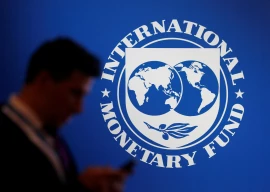
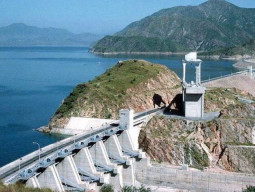
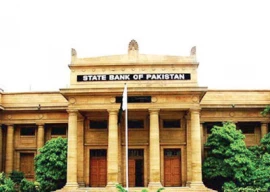




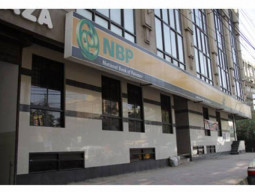
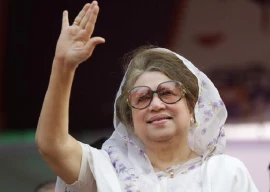







COMMENTS
Comments are moderated and generally will be posted if they are on-topic and not abusive.
For more information, please see our Comments FAQ